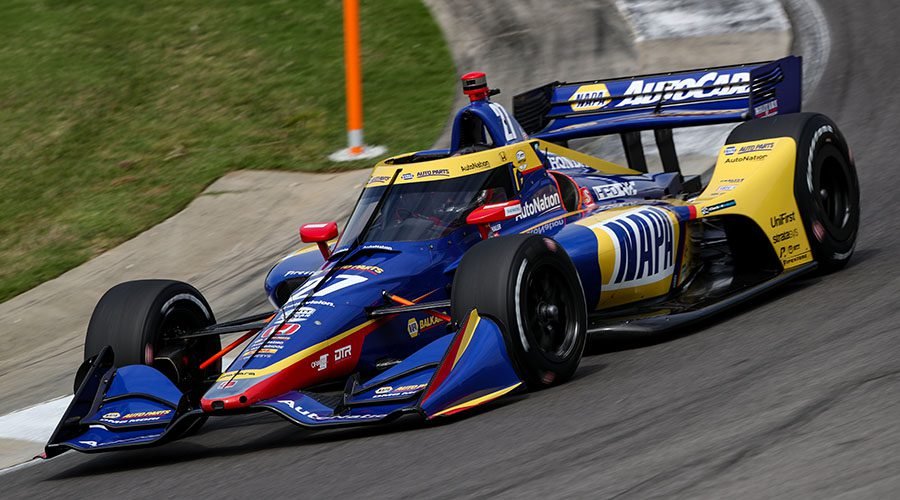Racing events, from car races to horse races, have a significant impact on local economies. These events attract thousands of spectators, teams, sponsors, and media, creating a surge in economic activity for the host cities or towns. Here’s a closer look at how racing can benefit local economies:
1. Boost to Local Businesses
Hotels, restaurants, shops, and other local businesses often experience a surge in customers during racing events. Spectators and teams require accommodation, food, transportation, and other amenities, which can lead to increased sales and revenue for local businesses. This boost can be especially significant for small towns or rural areas where these events may represent the peak of their annual economic activity.
2. Job Creation
Racing events also create jobs, both temporary and permanent. Leading up to and during events, there is a need for event staff, security, transportation workers, and vendors. Additionally, the construction and maintenance of race tracks and facilities create jobs for builders, engineers, and maintenance crews. While some of these jobs are seasonal or short-term, others, like those involved in track management and hospitality, can provide year-round employment.
3. Infrastructure Development
Hosting racing events often necessitates the development or enhancement of infrastructure such as roads, airports, and public transportation systems. These improvements, while initially aimed at supporting the influx of racing enthusiasts, can have long-term benefits for the community by improving accessibility and connectivity. For example, new or improved roads and facilities can reduce traffic congestion and increase the appeal of the area for future tourism or business investments.
4. Tourism and Brand Exposure
Racing events put cities on the map, attracting not just fans, but also tourists who might not otherwise visit. These events, often televised or covered by international media, can provide significant brand exposure for the host location. The increased visibility can lead to more tourism in the future, as visitors who come for the races may choose to return to explore the city or region further.
5. Multiplier Effect
The economic impact of racing extends beyond the immediate spending associated with the events. The “multiplier effect” refers to the way in which initial spending by visitors circulates through the local economy. For instance, when a visitor spends money at a local restaurant, that restaurant may then spend money on supplies from local vendors, who in turn pay their employees, and so on. This cycle can magnify the initial economic benefits brought in by racing events.
6. Long-term Investments and Partnerships
Many racing events are supported by large sponsorship deals and partnerships that can result in long-term investments in local communities. Companies may invest in local infrastructure, community programs, and facilities as part of their sponsorship deals. These investments can lead to sustained economic growth and community development.
7. Potential Challenges
While the economic benefits are clear, it’s also essential to consider potential challenges. Increased traffic, noise pollution, and environmental impact are common concerns associated with racing events. Proper planning, regulation, and community engagement are crucial to mitigating these challenges and ensuring that the economic benefits do not come at the expense of the community’s quality of life.
Conclusion
Racing events, whether on a small scale or an international level, have the potential to significantly boost local economies. Through increased tourism, business opportunities, job creation, and infrastructure development, racing can act as a catalyst for economic growth. By balancing the benefits with sustainable practices and community involvement, host cities can ensure that racing events bring long-term prosperity and positive exposure.











